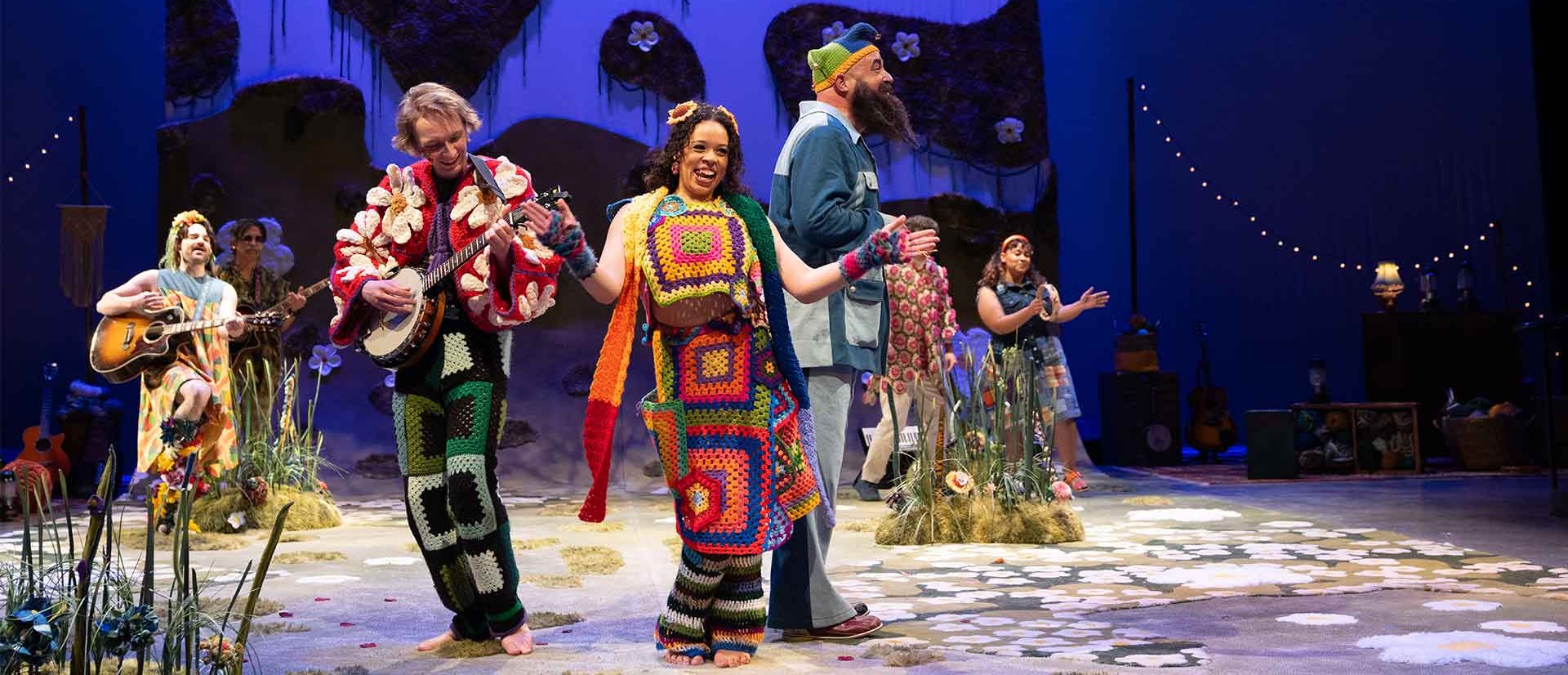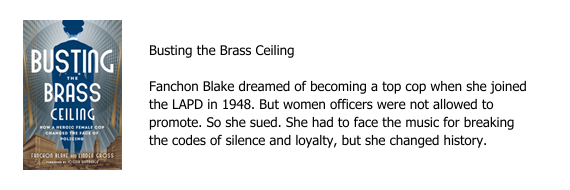A few months ago, a close friend treated me to a performance of Lin-Manuel Miranda’s Hamilton as a thank-you for helping her after knee surgery. I’ve wanted to see the groundbreaking musical since it came out to raves and record-breaking awards ten years ago. The idea of presenting the story of Alexander Hamilton through rap and song was radical enough. But featuring the Founding Fathers as non-whites and King George as a hilariously campy and flamboyant queen? Insanely brilliant. Talk about a creative mashup.
I promised myself that I would find an online version of the musical and watch it again to recapture the magic and experience some of the lyrics I couldn’t quite make out the first time around. In the meantime, my theatrical creative mashup binge continues. A couple of months ago, two friends and I traveled to Ashland, Oregon, to see a 1960s-themed production of Shakespeare’s comedy As You Like It.
I’ve seen one other modernized Shakespeare comedy in Ashland. Although that was years ago, the bebop style—complete with 1950s music, costumes and cars—brought new life to a play that’s more than 400 years old. This time the modernization included adding a musical element with some of the lines incorporated into ’60-style folk songs, current gestures and body language to reinforce the words’ meaning, ’60s fashion—if you can call it that—highlighting crocheted granny squares, and set design that went from stark white benches to lush, textured greenery and bright daisies once the action moved to the forest. In the midst of this creative mashup, Shakespeare’s observations about love and human behavior still seemed absolutely relevant, including one of his most famous lines:
All the world’s a stage, and all the man and women merely players.
While Ashland’s Oregon Shakespeare Festival (OSF) has a long history of presenting Shakespeare’s works in both its indoor and outdoor theaters, the festival is known for its creative mashups that often incorporate this kind of contemporary staging, costumes, and modern verse translations.
These modern versions of celebrated classics work in part because they’re unexpected. In my recent post about the power of the unexpected, I wrote about surprising plots, characters, or language contributing freshness and interest to a book. Throw in a creative mashup, and you’ve taken that to an entirely new level.
Of course, it’s a risk. I know that all too well from my time in the kitchen. Some of my best dishes have been creative mashups. So have some of my worst. If you’re bringing the notion of creative mashups into your creations, I’d love to know how that’s working for you.




















0 Comments